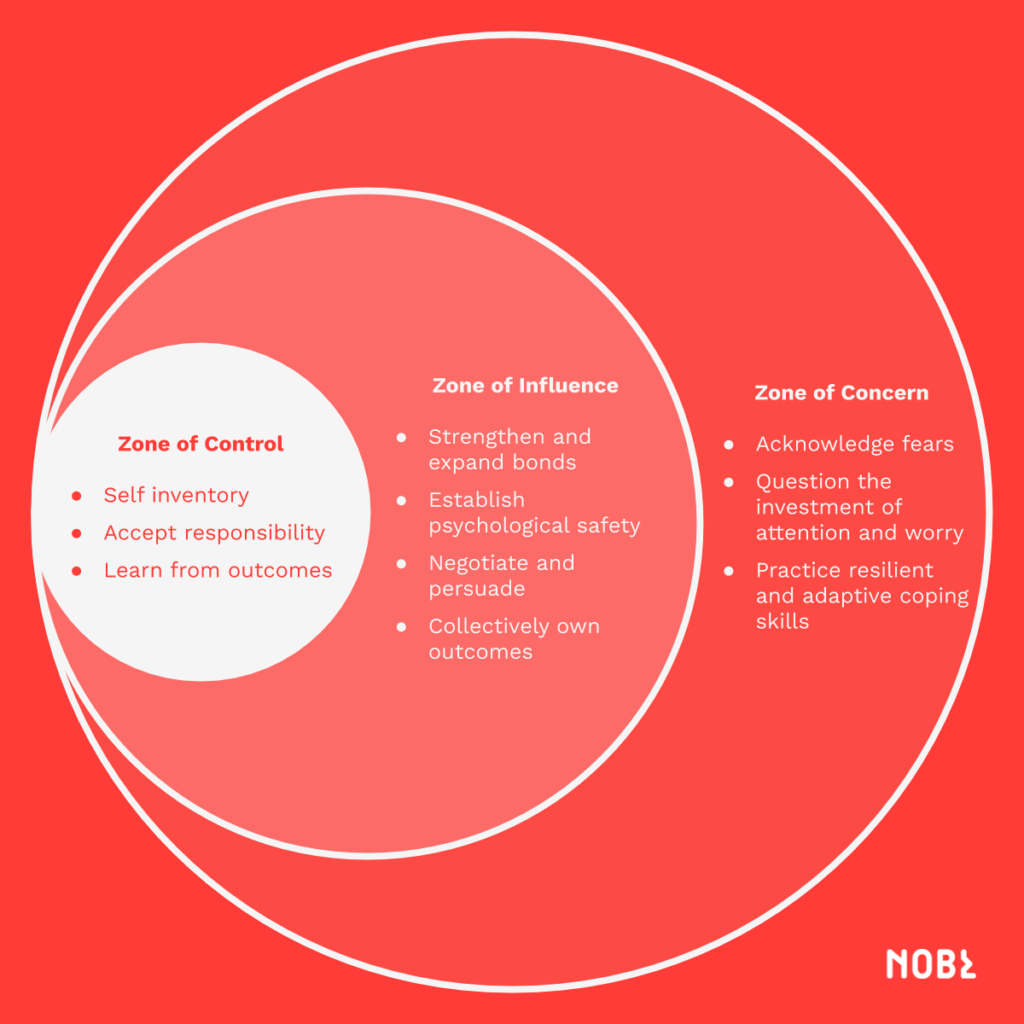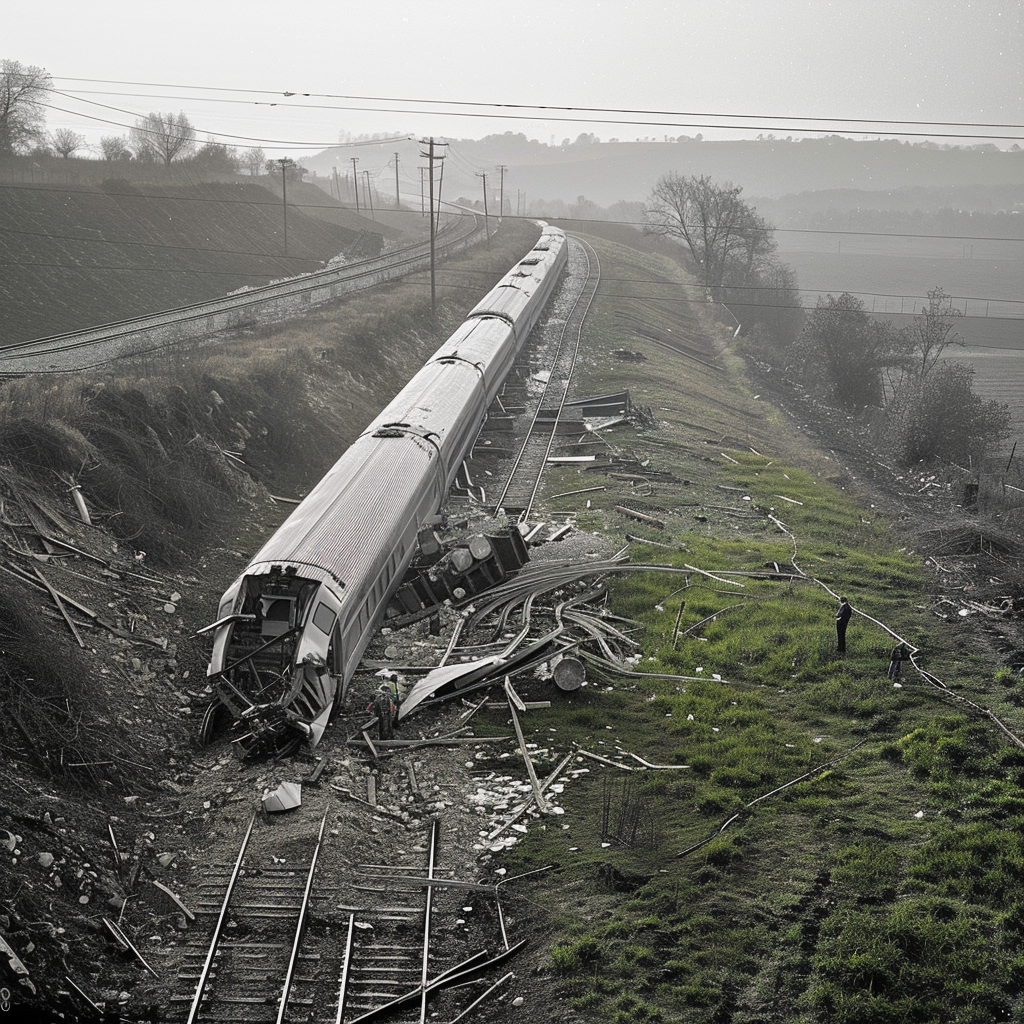The last few years have been spent grappling with issues bigger than ourselves and beyond our immediate control. Whether it’s a global pandemic, a rocky economy, or political strife, many of us across the globe are reeling from the stress of feeling powerless and at the mercy of forces beyond our grasp. So many things need real, lasting, and meaningful change, it’s overwhelming—where do you even start?
One way to approach this problem (and maintain your own sanity) is to think in terms of where you can realistically make the biggest impact. As a leader, you have significant control and influence in the workplace, making your organization a prime candidate for building back better. Even within your organization, though, you’ll have varying degrees of impact—which is why it’s helpful to think through your zones of control, influence, and concern.
Your personal zone of control is what you directly impact: the work you engage in, where you spend your time and energy, the things you choose to focus on. Start by making an inventory of those things you can control, everything from how you start the day and the meetings you accept, to your posture. (New leaders in particular tend to embark on a power grab to add to their zone of control, but ironically, this often erodes their zone of influence as they exhaust political capital.) Then adopt the gambler’s mindset: once a decision is made and the outcome is out of your hands, accept or even enjoy the process, and view it as an opportunity to learn and improve.
Your zone of influence is what (or whom) you can affect indirectly: it’s the conversations you have with colleagues, it’s the enthusiasm and support you demonstrate for a given initiative. You can’t directly control the result, but your behavior can help sway others to take action. This is the realm of soft power, so hone your negotiation and persuasion abilities—it’s what separates great talent from great leaders. In fact, the best leaders we’ve worked with often pour most of their effort into expanding this zone through network building and compromise. Coalitions (from cross-functional teams to political parties) rely foremost on a strong sense of psychological safety, which takes time to build, and begins by working closely enough together to begin to understand how one another thinks.
And then there’s your zone of concern. This is, of course, the largest zone. When considering this domain, you may feel like either throwing up your hands in despair, or worrying and burning yourself out in an attempt to change something beyond your control. The “easy” advice often given here is to ignore everything in this circle and keep your head down. Good luck with that. The honest answer is that this will always occupy some of your attention, but you can learn to more actively manage how much space these concerns consume. Ask yourself if the level of rumination on these topics is healthy (is it causing you to ignore other duties or even people in your life), or if it’s causing lasting harm to your mental well-being.














